T4K3.news
Michigan sanctioned by NCAA
The NCAA rules include a multi million dollar fine, show-cause penalties, and suspensions following a long running sign stealing investigation.
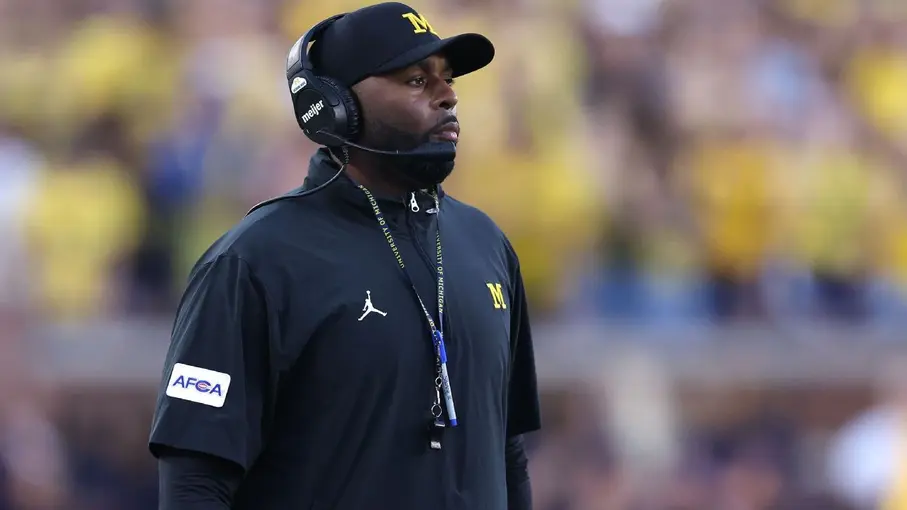
NCAA fines Michigan more than 30 million and imposes show-cause penalties on staff after a multi-year advanced scouting operation.
Michigan hit with heavy sanctions in sign stealing case
The NCAA Committee on Infractions ruled that Michigan operated an advanced scouting program from 2021 through 2023 that included off campus scouting and filming of opponents signals. The school faces fines that could exceed 30 million and a range of penalties, including a two-game suspension for head coach Sherrone Moore in 2026 and show-cause penalties for Connor Stalions (eight years) and Jim Harbaugh (ten years, starting after a current four-year period). No postseason ban or vacating of wins was imposed.
Penalties also include an eight-year show-cause for Stalions and a ten-year show-cause for Harbaugh. In addition, the institution faces a 50,000 dollar initial fine, 10 percent of the football budget, 10 percent of football scholarships for 2025, and the loss of all postseason competition revenue sharing for 2025 and 2026. The 2026 season opener is expected to be against Western Michigan in Frankfurt, Germany. Outside of the head coach suspension, most other staffers involved in the case are no longer in college football.
Key Takeaways
"Show cause penalties act as a real deterrent for future staff"
Reaction to staff penalties
"The price tag for this scandal dwarfs typical penalties"
Financial impact commentary
"This case signals a shift away from postseason bans in NCAA enforcement"
Enforcement trend
"Michigan faces a long shadow over its championship run"
Legacy and reputational impact
The ruling signals a shift in NCAA enforcement away from postseason bans toward financial penalties and show-cause employment bans. It shows how the governance landscape is evolving as enforcement power shifts to newer bodies and as case law from different eras shapes penalties. The case also highlights how a dramatic staff-driven scheme can become a national talking point and alter a program's public image.
For Michigan, the penalties reach beyond money. They threaten recruiting leverage, staff stability, and the team’s preparation culture. Harbaugh now faces a long-running employment barrier, while Stalions becomes a cautionary tale about how ambition can collide with oversight. The result may reverberate through college football as schools reassess risk, detection, and accountability.
Highlights
- Show cause penalties act as a real deterrent for future staff
- The price tag for this scandal dwarfs typical penalties
- This case signals a shift away from postseason bans in NCAA enforcement
- Michigan bears a long shadow over its championship run
Financial penalties and backlash risk
The heavy fines and show-cause orders create financial strain on the program and could invite public scrutiny and political sensitivity around NCAA enforcement. The move away from postseason bans signals a broader shift that may invite criticism from fans and reform advocates.
The NCAA case may foreshadow how future enforcement blends penalties with reputational risk and budgetary consequences.
Enjoyed this? Let your friends know!
Related News
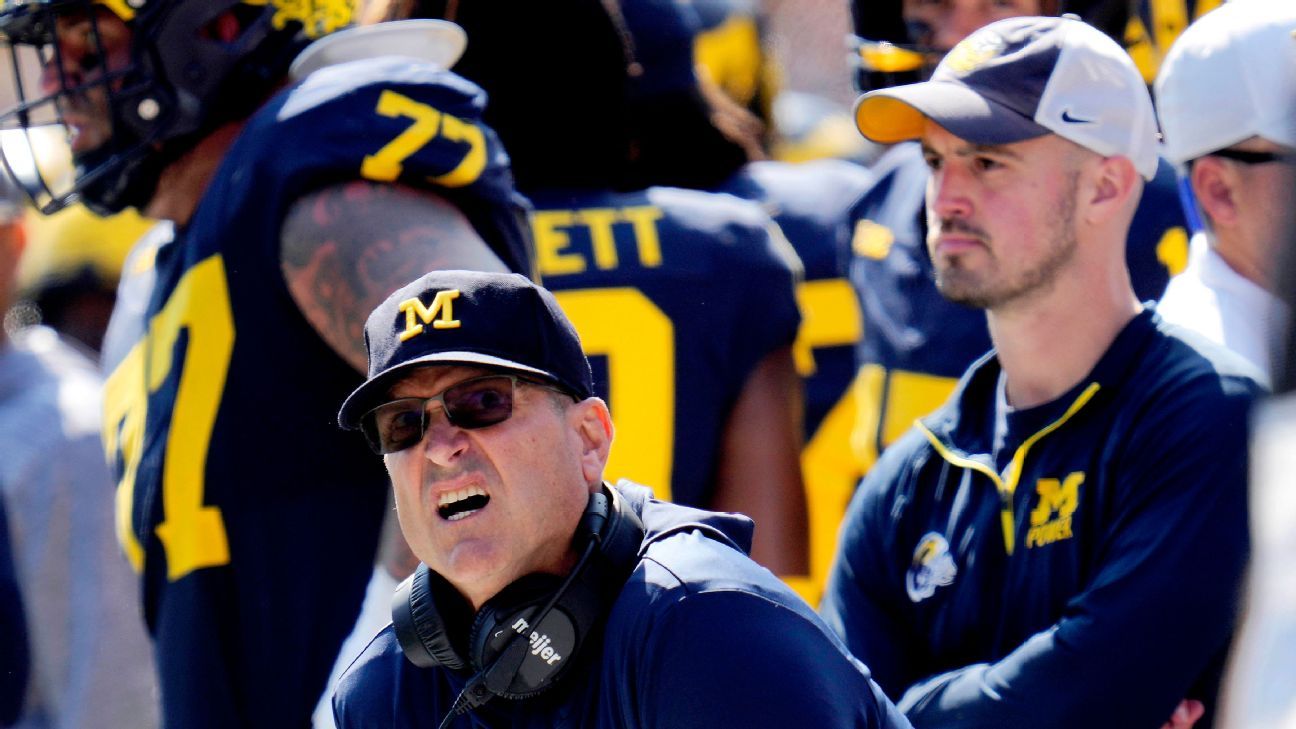
Big Ten commissioner defends Michigan against NCAA penalties
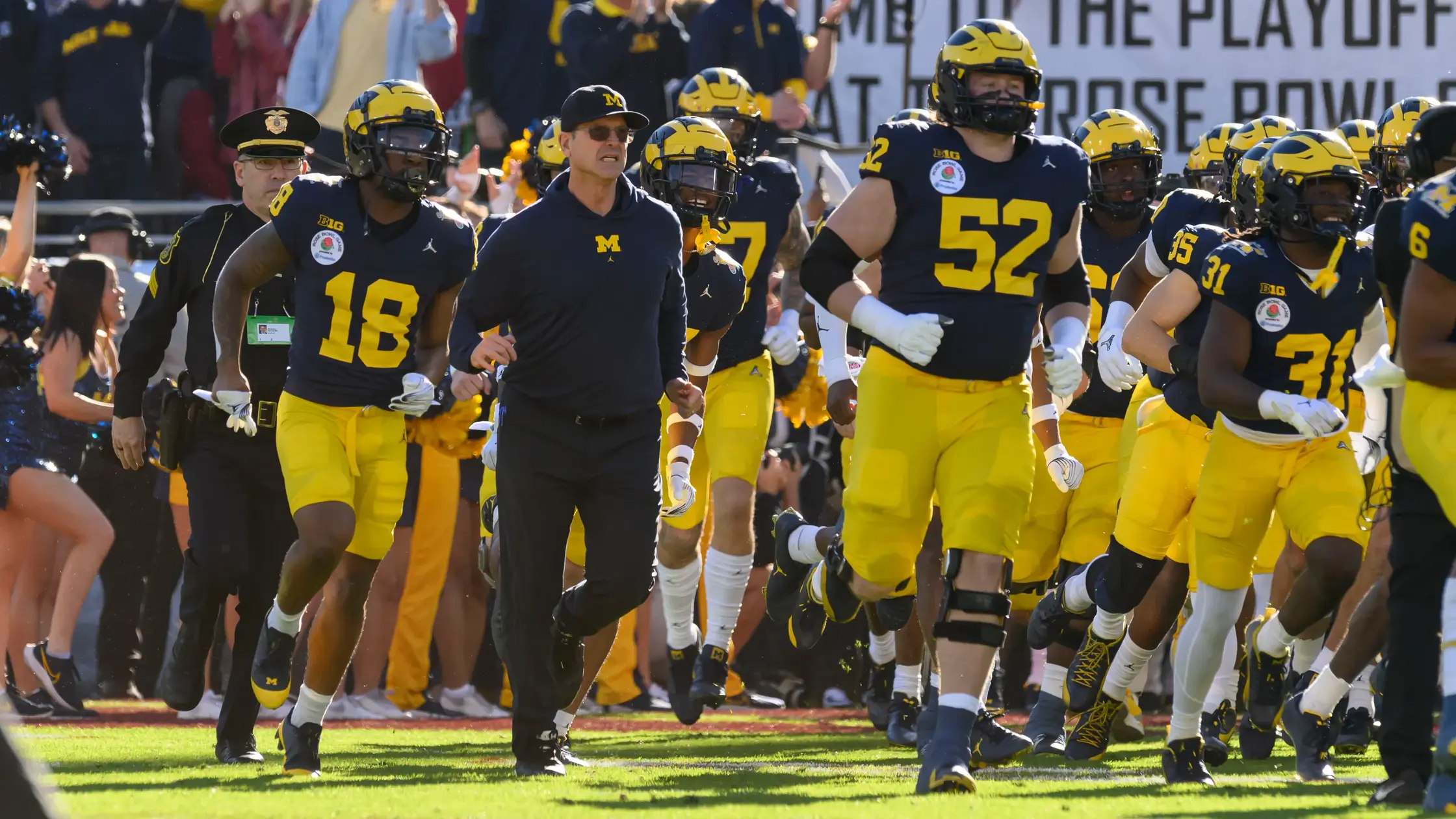
Michigan sanctioned in sign stealing case
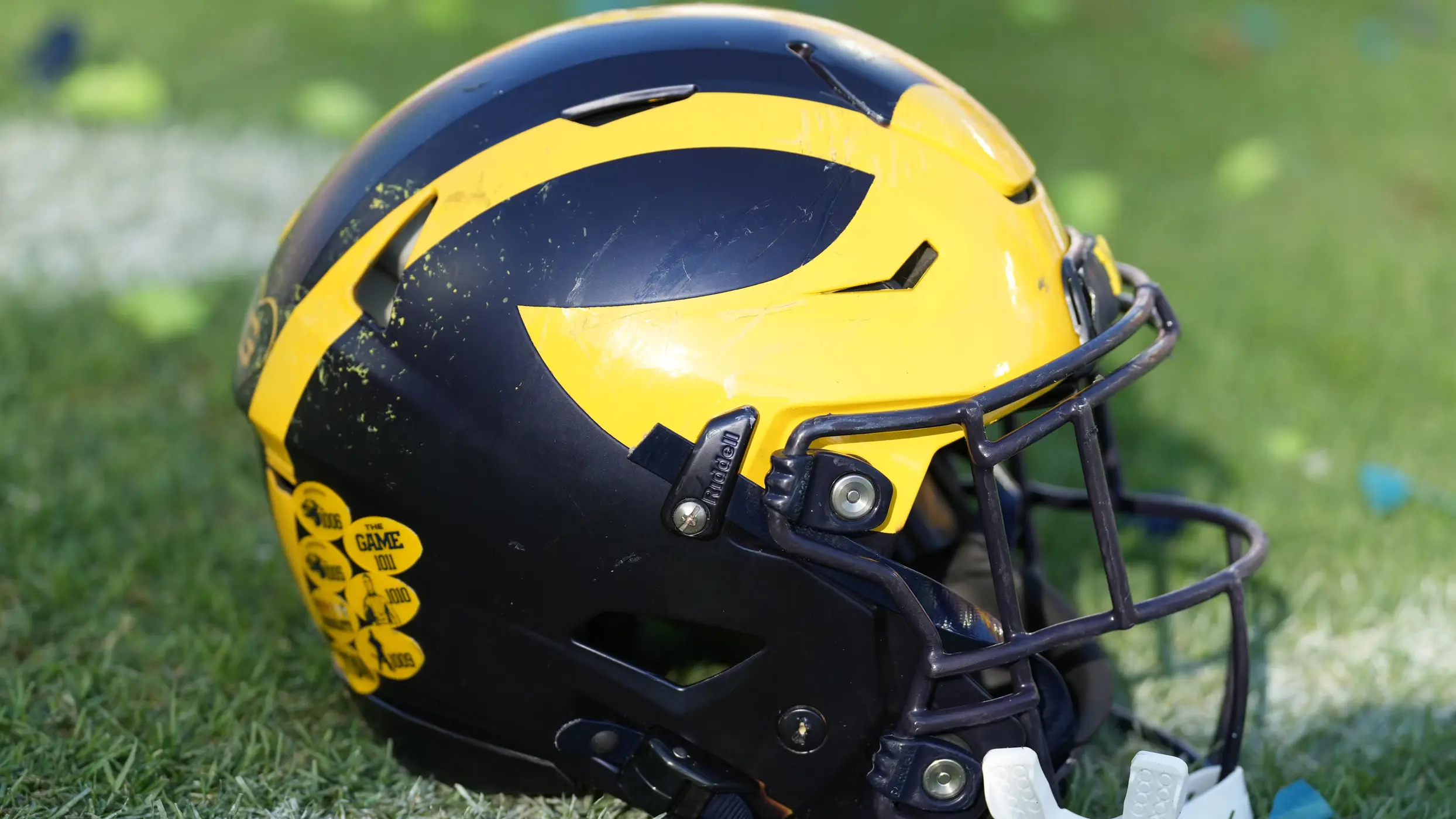
Michigan sanctioned over sign-stealing
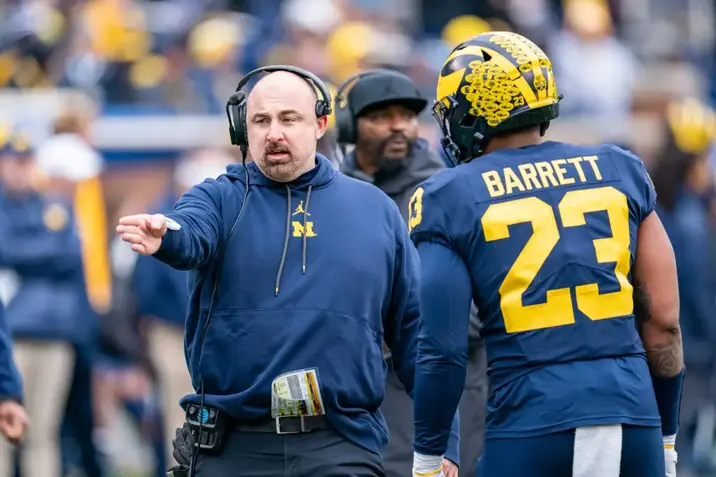
Partridge cleared by NCAA no punishment issued
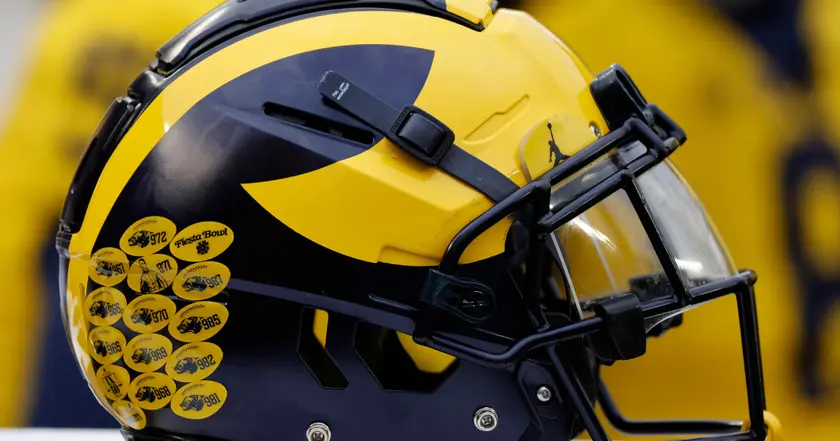
Michigan appeals NCAA sign-stealing sanctions
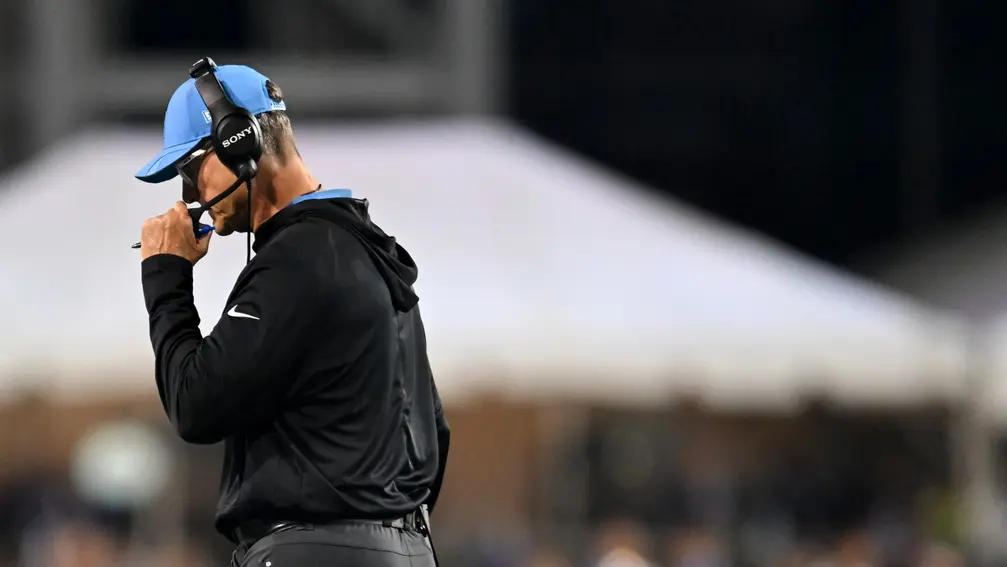
NCAA sanctions cast shadow over Harbaugh
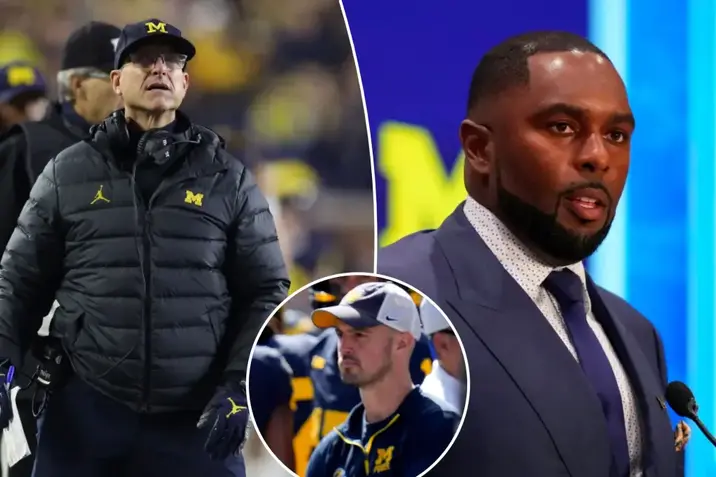
Michigan fined over 20 million in sign stealing case
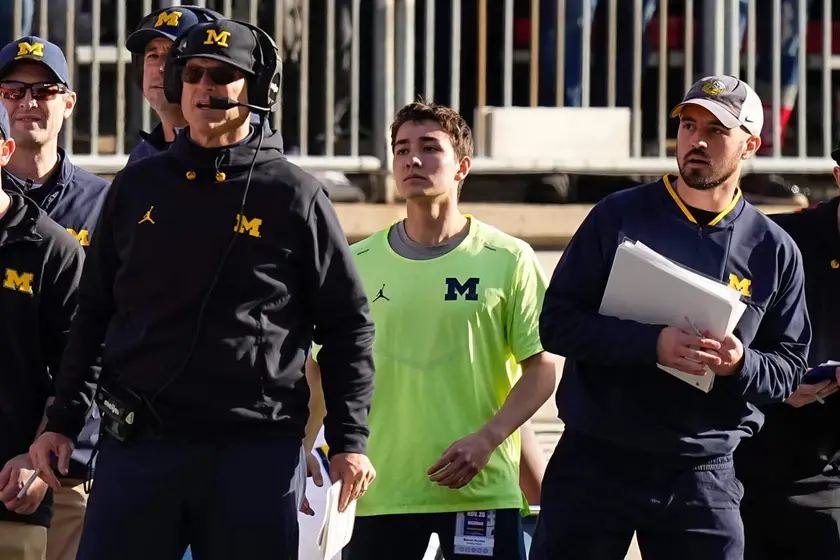
NCAA sets ruling on Michigan sign stealing penalties
